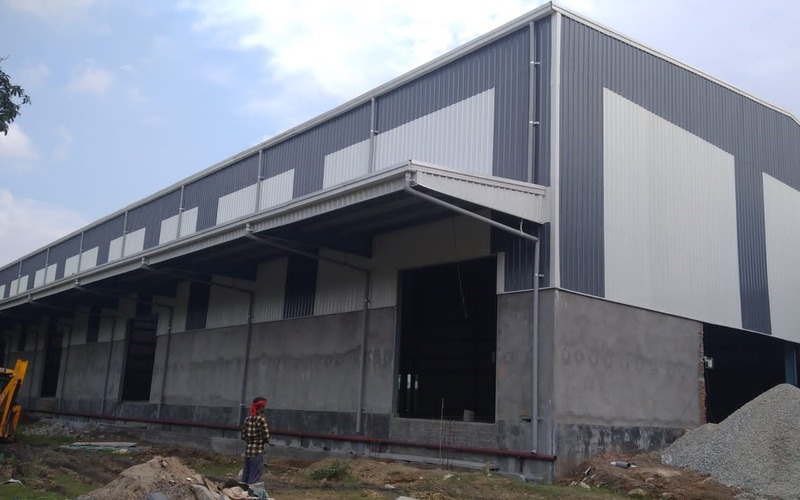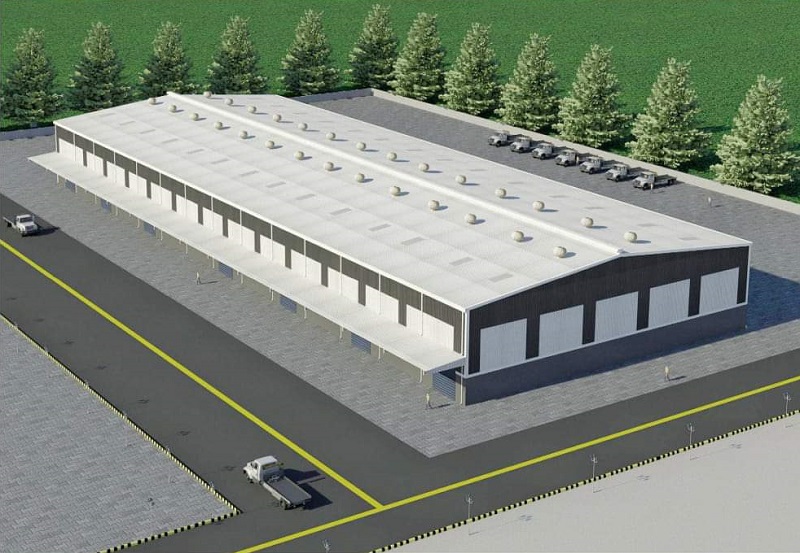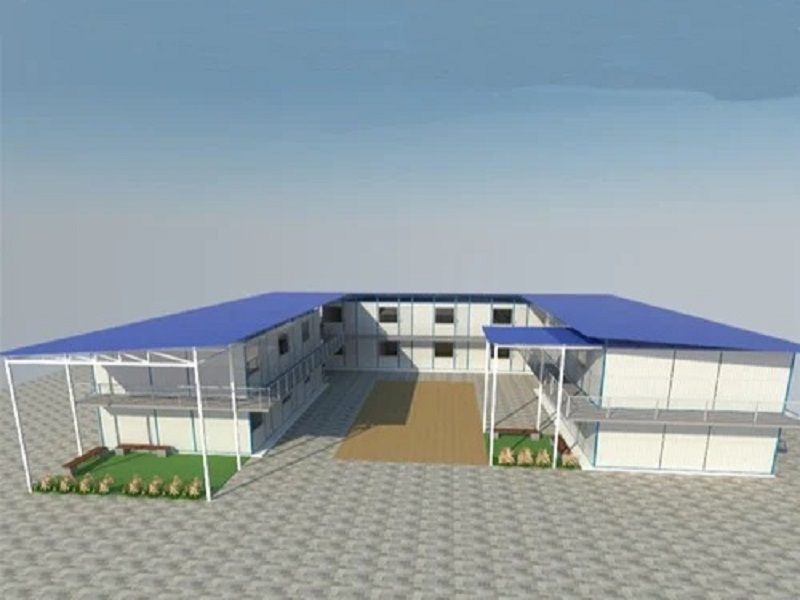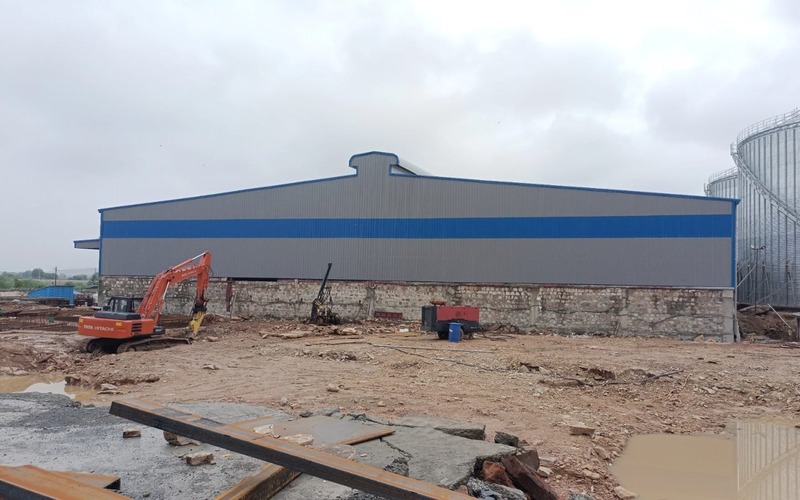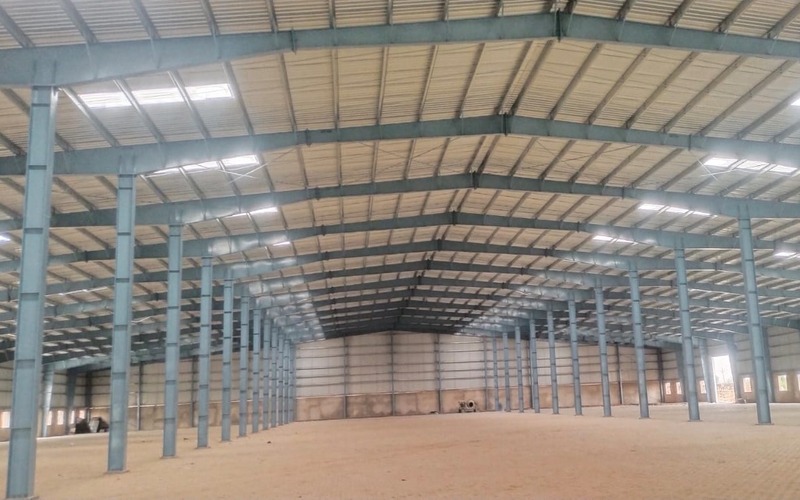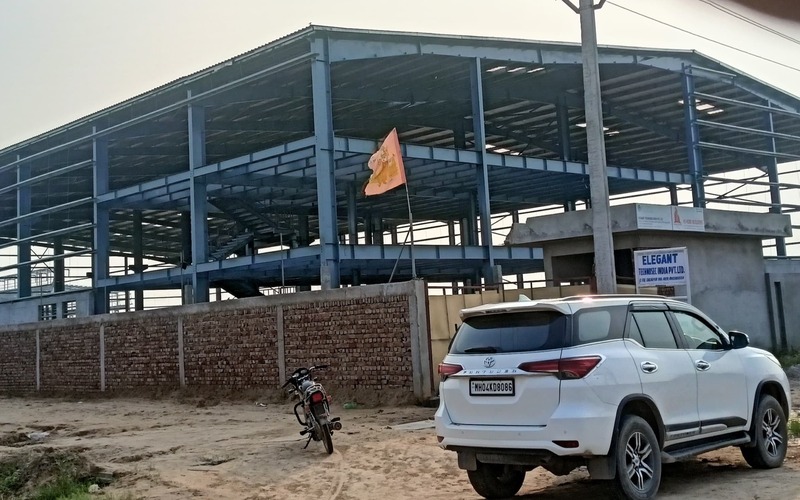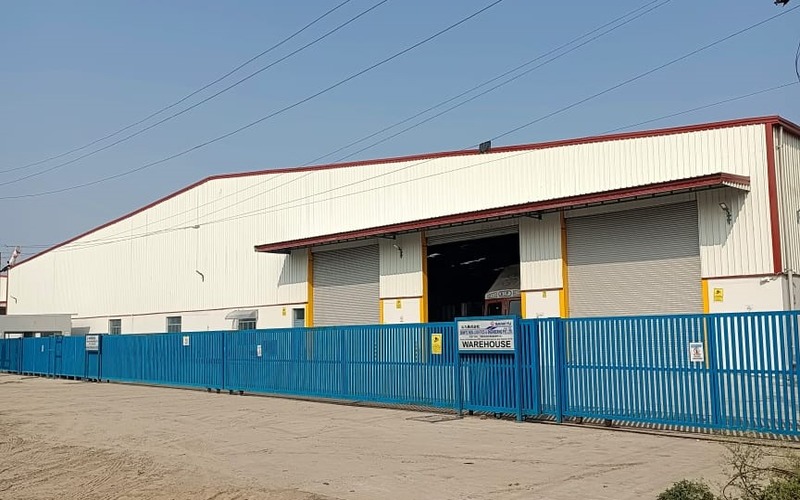Best Pre Engineered Buildings
Prefabricated structures, often known as “prefab buildings,” are created in sections or components, usually within a factory setting, and subsequently delivered to the construction site for assembly. This construction approach has become increasingly favored because of its efficiency, affordability, and ecological advantages. Here is a deeper look into prefabricated structures.
Prefabricated structures signify a remarkable progression in the construction sector, providing a quicker, more eco-friendly, and economical option compared to conventional approaches. Today’s prefab methods enable tailored designs, enhanced quality assurance, and robust, energy-efficient buildings suitable for diverse applications—from residential spaces to commercial facilities. As the need for sustainable, efficient, and budget-friendly construction solutions increases, the prefabrication sector keeps evolving and broadening, influencing the future of the building industry.
Types of Pre Engineered Buildings
Modular Buildings
Panelized Buildings
Pre-cut or Kit Homes
Flat-Pack Buildings
